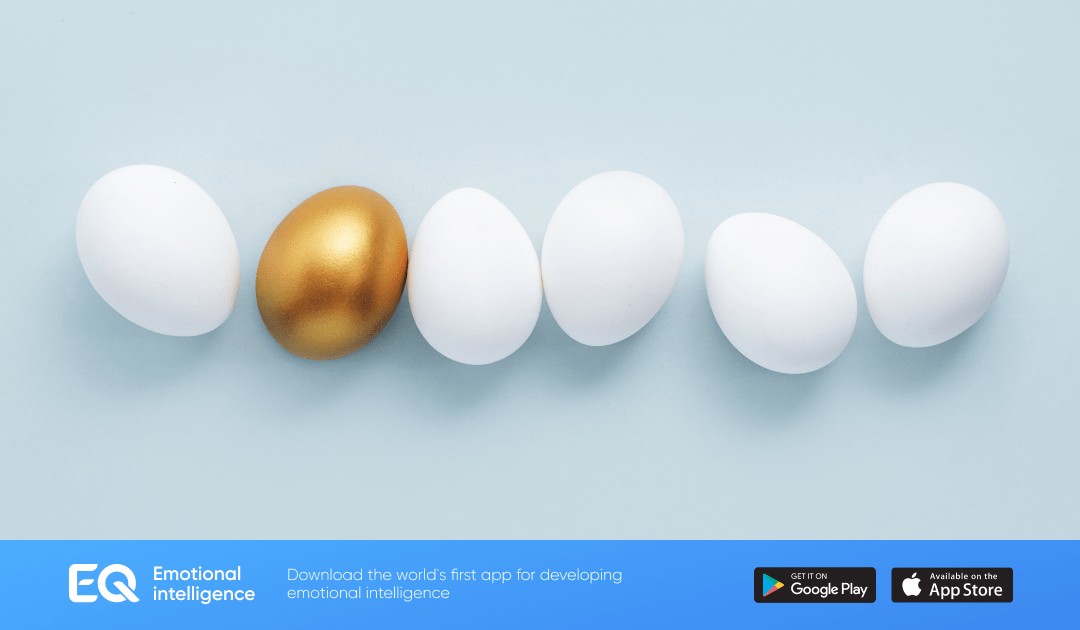The choice is a leading aspect of modern life and a powerful market tool. But how real is it, and how illusory is this choice?
The illusion of choice is a cognitive bias that leads people to believe that they have more control over their lives than they are. And it is often used in advertising and marketing to make people feel that they are in control of their purchasing decisions.
The illusion of choice is a false sense of control that can lead to suboptimal decision-making.
The illusion of choice is a relatively new concept. This term was first mentioned by the American philosopher and psychologist William James in his lecture “The Will to Faith”, first published in 1896.
And in a notable paper published in 2000, psychologists Shina Iyengar and Mark Lepper found that people were more likely to buy food if they were given less choice.
Studies have shown that too much choice can be detrimental to mental health. Psychologist Barry Schwartz used the example of jam in his book to argue his “The Paradox of Choice: Why More is Less.”
He suggested that too much choice makes people feel uncomfortable because of “choice overload”, which makes it difficult to “meet personal needs” or “maximum value”, which will eventually lead to lower sales.
There are several signs that you may be having trouble making decisions about the illusion of choice:
- You feel you have to make the perfect decision
- You suffer from every decision, big or small
- You feel that you have an unlimited number of options
- You feel paralyzed by your choices
- You often check your decisions
The illusion of choice can have a significant impact on people’s lives. This can lead to worse decision-making, as well as feelings of stress and frustration.
When making decisions, it is important to be aware of your prejudices and inclinations. Take the time to consider all of your options before making a decision. Be aware of the potential risks and costs associated with your choice. Consider a few thoughts before making a final decision. Finally, trust your intuition when making decisions.


Recent Comments